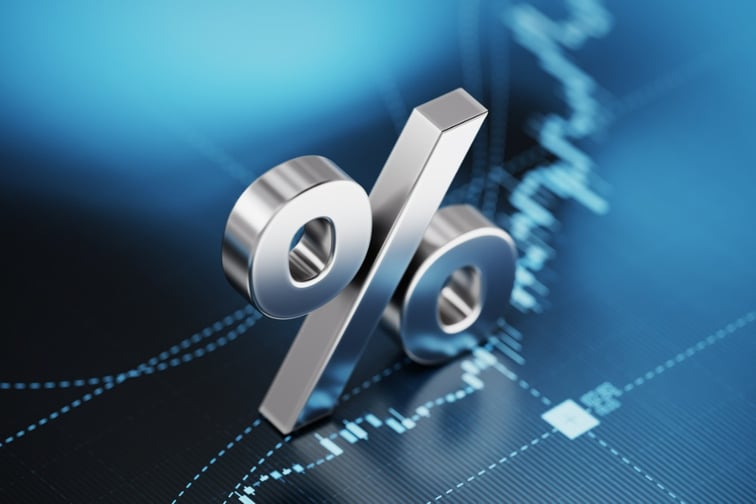

More than 1.1 million Australian households have never experienced a cash rate hike, according to a recent analysis.
RBA has not increased official rates for more than 11 years now, with the last hike in November 2010. Since then, the central bank has cut the cash rate 18 times, by a total of 4.65 percentage points. In that time 1,141,592 first-home buyer owner-occupier loans were settled, in original terms.
According to the latest ABS lending indicator data, the value of new home lending hit a record high of $32.81 billion in December, up 4.4% from November; owner-occupier lending was up 5.3% month over month to $22.47 billion, while investor lending reached a record high of $10.34 billion, up 2.4% month on month.
The data also showed a slight increase in the number of first-home buyer loans in December. At 11,778, valued at $5.67 billion, the number was up 1.3% from November but still 21.5% lower than a year ago.
“It’s incredible to think there are well over 1.1 million households that have never experienced a cash rate hike,” said Sally Tindall, research director at RateCity.com.au. “Australia hasn’t seen an RBA rate rise in more than 11 years, which means there is a generation of mortgage holders who could be in for a shock when their monthly repayments automatically start rising.”
Tindall noted that while most people “will be able to take future rate hikes on the chin, albeit through gritted teeth,” some people who have been hit financially hard by the pandemic or who haven’t had a decent pay rise in some time could find it difficult to balance the budget.
“The data shows the mortgage market is still in full swing; however, future rate rises could shake things up,” Tindall said. “The value of investor loans hit another record high this month, but the pace has notably slowed, which could be sign some of the heat is coming out of the market.”.
